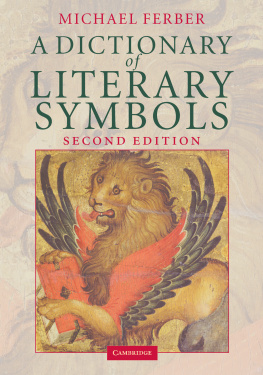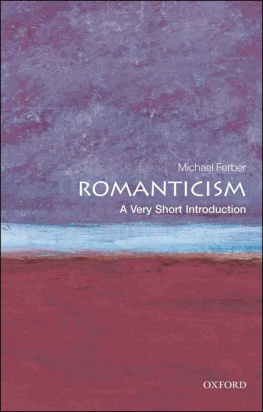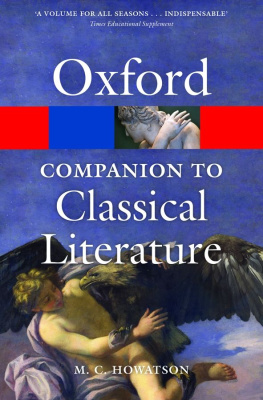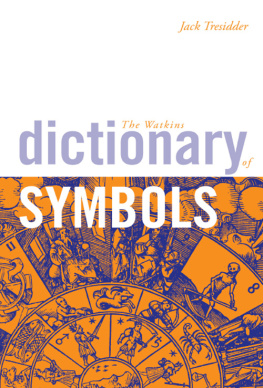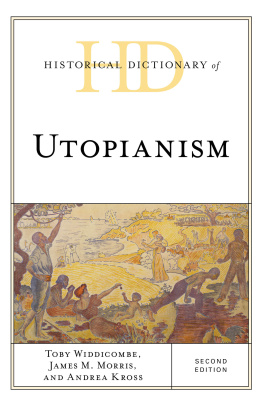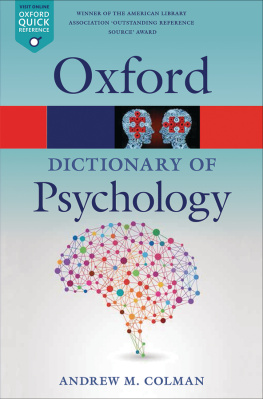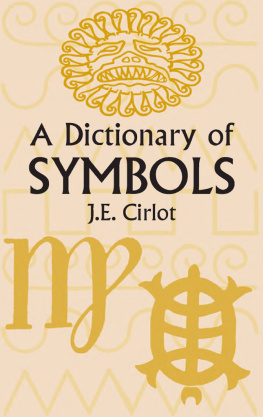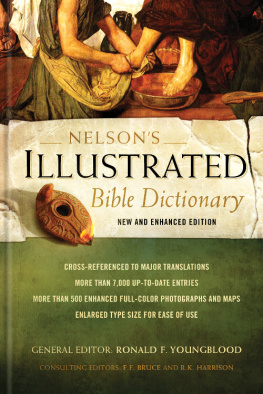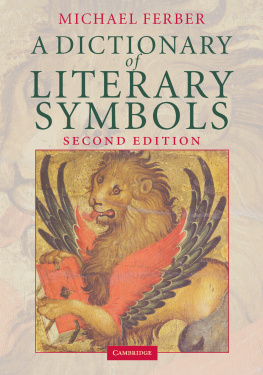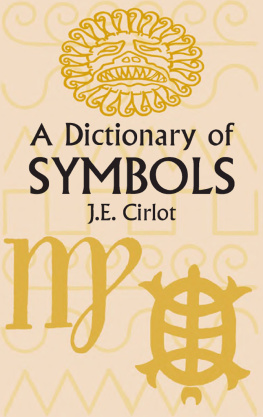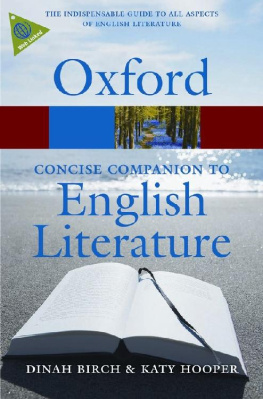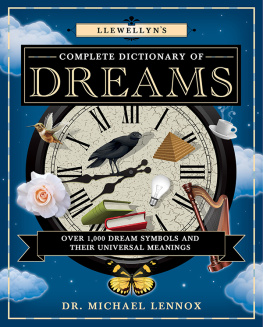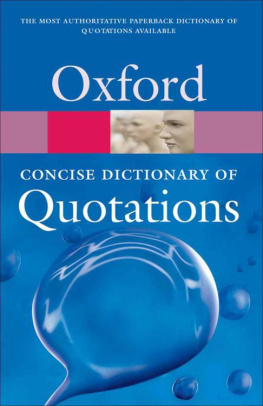A Dictionary of Literary Symbols
This is the first dictionary of symbols to be based on literature, rather than universal psychological archetypes or myths. It explains and illustrates the literary symbols that we all frequently encounter (such as swan, rose, moon, gold), and gives hundreds of cross-references and quotations. The dictionary concentrates on English literature, but its entries range widely from the Bible and classical authors to the twentieth century, taking in American and European literatures. For this new edition, Michael Ferber has included over twenty completely new entries (including bear, holly, sunflower, and tower), and has added to many of the existing entries. Enlarged and enriched from the first edition, its informed style and rich references make this book an essential tool not only for literary and classical scholars, but for all students of literature.
MICHAEL FERBER is Professor of English and Humanities at the University of New Hampshire. His books include The Poetry of William Blake (1991), The Poetry of Shelley (1993), and A Companion to European Romanticism (2005).
A Dictionary of Literary Symbols
Second edition
Michael Ferber

CAMBRIDGE UNIVERSITY PRESS
Cambridge, New York, Melbourne, Madrid, Cape Town, Singapore, So Paulo, Delhi, Dubai, Tokyo
Cambridge University Press
The Edinburgh Building, Cambridge CB2 8RU, UK
Published in the United States of America by Cambridge University Press, New York
www.cambridge.org
Information on this title: www.cambridge.org/9780521870429
Michael Ferber 1999, 2007
This publication is in copyright. Subject to statutory exception and to the provisions of relevant collective licensing agreements, no reproduction of any part may take place without the written permission of Cambridge University Press.
First published 1999
Second edition 2007
Fourth printing 2010
Printed in the United Kingdom at the University Press, Cambridge
A catalogue record for this publication is available from the British Library
ISBN 978-0-521-87042-9 hardback
ISBN 978-0-521-69054-6 paperback

Cambridge University Press has no responsibility for the persistence or accuracy of URLs for external or third-party internet websites referred to in this publication, and does not guarantee that any content on such websites is, or will remain, accurate or appropriate. Information regarding prices, travel timetables and other factual information given in the work are correct at the time of first printing but Cambridge University Press does not gurarantee the accuracy of such information thereafter.

For Lucy
Contents
Acknowledgments
I must first thank my colleague Douglas Lanier for helping me think through this dictionary from the outset, for encouragement during early frustrations, and for a great deal of detailed advice. E. J. Kenney of Peterhouse, Cambridge, saved me from a number of mistakes in Latin and offered countless suggestions about not only classical but English literature; his notes would make a useful and delightful little book by themselves. David Norton made many helpful suggestions regarding biblical passages. Two graduate students at the University of New Hampshire gave valuable assistance, Heather Wood at an early phase by collecting data from books not close at hand and William Stroup by going over by every entry with a keen eye to readability and cuts. My wife Susan Arnold also cheerfully read every entry and offered many helpful ideas.
I am grateful to Maria Pantelia for providing me with the Thesaurus Linguae Graecae on CD-ROM and advice on how to use it. Cynthia Pawlek of Baker Library, Dartmouth, initiated me into the English Poetry Data-Base, also on disk, Robin Lent, Deborah Watson, and Peter Crosby of Dimond Library at UNH patiently handled my many requests and, during the reconstruction of the library, even set up a little room just large enough for the Leob classical series and me. I also made good use of the library of Gonville and Caius College, Cambridge, and I thank Gordon Hunt for his good offices there.
The Humanities Center of UNH gave me a grant for a semesters leave and an office in which to store unwieldy concordances and work in peace; its director Burt Feintuch and administrator Joanne Sacco could not have been more hospitable.
For contributing ideas, quotations, references, and encouragement I also thank Ann and Warner Berthoff, Barbara Cooper, Michael DePorte, Patricia Emison, John Ernest, Elizabeth Hageman, Peter Holland, Edward Larkin, Ronald LeBlanc, Laurence Marschall, Susan Schibanoff, and Charles Simic. My editor at Cambridge University Press, Josie Dixon, not only solicited Professors Kenney and Norton to go over my entries but made many helpful suggestions herself while shepherding the book through its complex editing process. For the errors and weaknesses that remain despite all this expert help I am of course responsible.
Abbreviations
Bible |
AV | Authorized Version (King James Version) of the Bible (1611). All quotations are from this version unless otherwise stated. |
NT | New Testament. Quotations from the NT that are paralleled in more than one Gospel are cited from the first in which they appear (usually Matthew). |
OT | Old Testament |
NEB | New English Bible (1961) |
Pindar |
Olymp. | Olympian |
Pyth. | Pythian |
Isth. | Isthmian |
Nem. | Nemean |
Horace |
Quotations from Horace are from the Odes or Carmina unless otherwise stated. |
Ovid |
Met. | Metamorphoses |
Apuleius |
Met. | Metamorphoses (or The Golden Ass) |
Chaucer |
CT | Canterbury Tales (Gen. Pro. = General Prologue, Pro. = Prologue) |
PF | Parliament of Fowls |
TC | Troilus and Criseyde |
Spenser |
FQ | Faerie Queene (Pro. = Prologue) |
SC | Shepheardes Calendar |
Shakespeare |
1H4, 2H4 | King Henry the Fourth, Part One, Part Two |
1H6, 2H6, 3H6 | King Henry the Sixth, Part One, Part Two, Part Three |
2GV | Two Gentlemen of Verona |
12N | Twelfth Night |
AC | Antony and Cleopatra |
AWEW | Alls Well that Ends Well |
|
Next page
